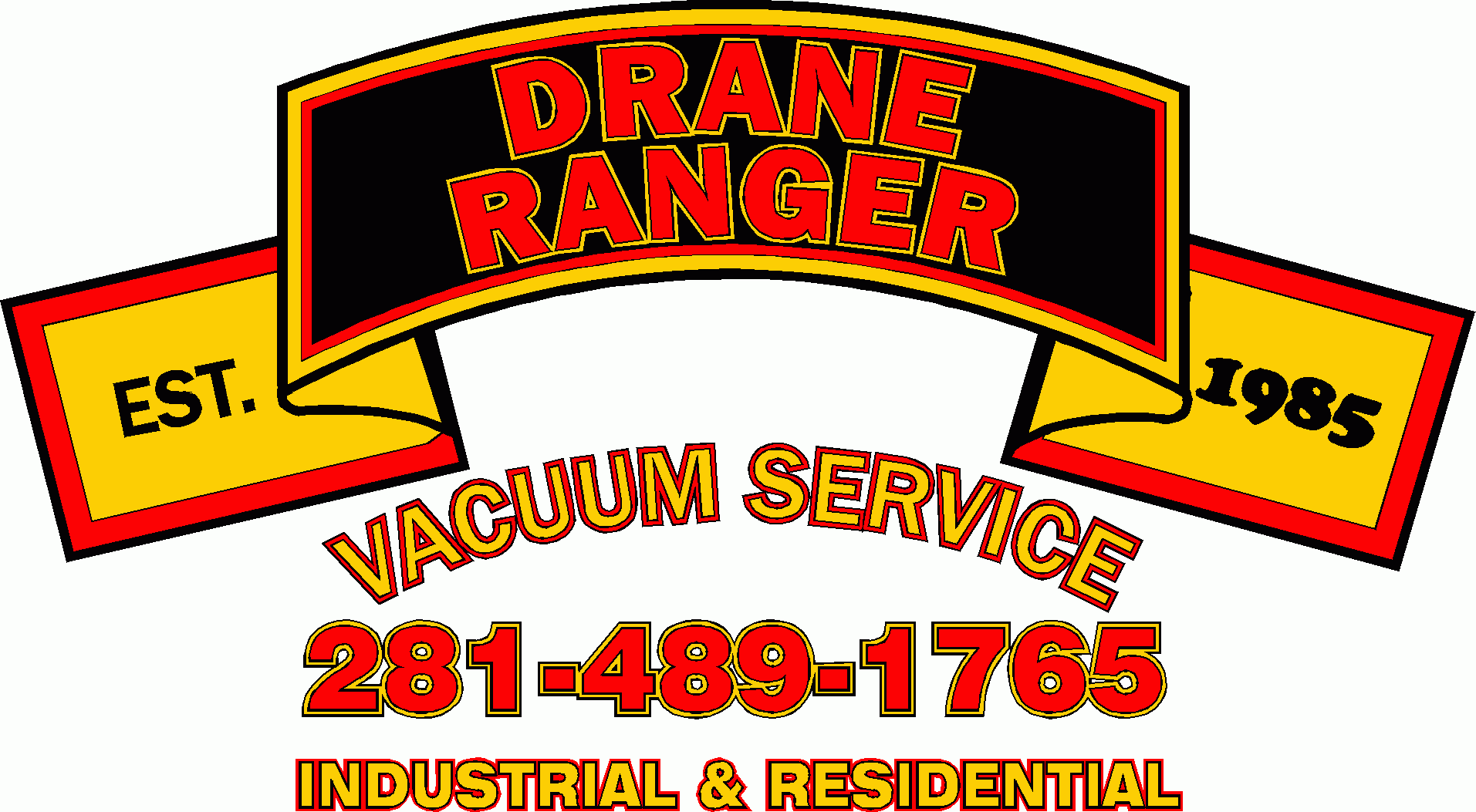Fat is a bizarre substance. When it is hot in the pan, it flows like a liquid, almost like syrup or molasses. Once it cools off, it turns into a hard, sticky substance, kind of like glue. When you’ve got the hood fan going and the bacon is cooked, it is tempting to think “whatever, a little grease down the drain probably won’t hurt”. If you only do it once in a while, this is true. If you do it regularly, then you will have problems. Drains often become clogged when something is poured down as a hot liquid, but then solidifies when it reaches room temperature. The most notorious culprit for this is grease. Many commercial kitchens will use a grease trap to deal with this, but these are not fool proof. One day you will find yourself frantically searching for a “grease trap service near me.”
Trimming the fat
Blockages inside drains are often caused by fat deposits that pile up over many years. When the hot liquid grease goes down a drain, it might stay hot enough to flow for most of the journey. Even if most of it escapes down into the municipal sewer, there is always a little bit that gets left behind. Once it cools off to room temperature, it will solidify. As this happens, the inside drain becomes coated in the solid fat. The fat coating then makes it difficult for water to flow down the drain. If there are multiple layers that build up over repeated grease deposits, the drain will clog. You don’t want this to happen. Looking for grease trap services on short notice never ends well.
Salvaging the situation with a grease trap service near me
One thing you can do to salvage the situation before it gets worse is to pour boiling water and dish soap down the drain. The boiling water will help the most recent grease deposits to heat up and liquify again, and the dish soap will help to dissolve the liquid away before it hardens again. Of course, this technique is unlikely to do anything for the deposits that have been there a long time. It is more for grease that was poured down recently (i.e. last night or early this morning). The shorter the period of time it has been sitting as a solid, the more likely it is to liquify again.
Keeping the drains moving is all about breaking the bad habits. Another one to avoid is pouring cooking oil down the drain. Although it will not solidify, its high viscosity means that it will slow the drain as it comes into contact with the solid fats. To avoid the frantic search for a “grease trap service near me,” the next time you cook something greasy, let the grease harden in the pan and scoop it into the garbage. However, if you need help, know that there are grease trap services nearby that can save the day. Contact us today for grease trap services.
